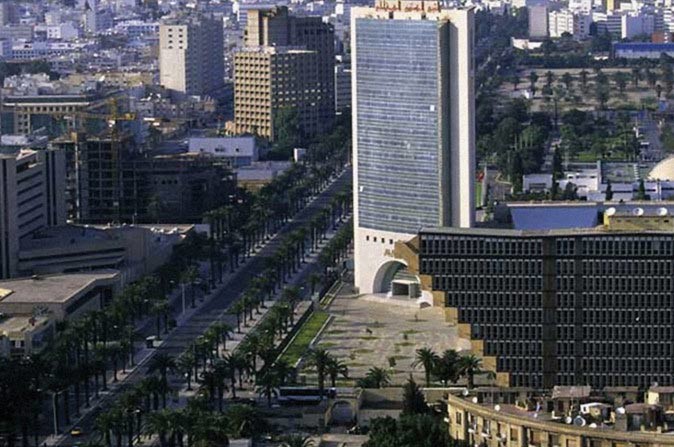
Experts at the 2016 African Economic Conference recently called for timely implementation of climate actions and release of information capable of assisting rural farmers against climate change impacts.
The experts from the agriculture sector made the call at the ongoing conference organized by the African Development Bank (AfDB), in partnership with the United Nations Economic Commission for Africa (ECA) and United Nations Development Programme (UNDP), taking place this week in Abuja.
The conference, themed “Feed Africa: Towards Agro-Allied Industrialization for Inclusive Growth”, is expected to proffer sustainable solutions to challenges hindering agricultural development in the African continent.
During a session on land, a lead presenter, Boris Odilon Kounagbè Lokonon from the Université de Parakou, Benin, identified need for the climate actions, describing them as part of resilient strategies to check impacts of climate change.
“There is need for the provision of timely climate information to communities. Diversification of income sources off the farm can also be promoted,” he said.
Citing Niger Basin in the Sub-Sahara Region for instance, Lokonon said climate change had affected most countries in the region, threatening their source of livelihood, which is predominantly farming.
According to Lokonon, agriculture engaged about 70 per cent of the population of Niger, contributing about 35 per cent to the nation’s Gross Domestic Product (GDP).
“The frequency of occurrence of climate shocks will increase with climate change,” he warned, “and actions in terms of reducing the vulnerability and boosting the resilience of the population are needed.”
Discussing further on likely means to reducing poverty and vulnerability, he identified the need to promote social security for the farmers. It would boost resilience and reduce their vulnerability, he added.
Speaking on land tenures, UNDP Senior Economic Adviser, Ojijo Daniel Odhiambo, advocated for policies and plans that could guarantee access, control and secured land tenure.
Daniel said it would enable individual farmers, the community and institutions to invest in land in order to produce sufficient food to feed Africans and also for exports.
“Land must be made more productive, but land cannot be productive if you don’t invest in the land in terms of irrigated agriculture because a lot of African countries rely on rain-fed agriculture,” he said. “That limits the potential of land use because you can only produce crops for a very short period of the year; but if you invest in irrigation, that land can become more comfortable.”
Odhiambo, who also doubled as the UNDP Senior Economic Adviser for the Economic Community of West African States (ECOWAS), revealed that, “The debate around talking of transformation should go into issues beyond agriculture and see other industries such as manufacturing, so that Africa’s economy can improve.
“There should be investments in human capital. Globalisation has passed us as a continent not because we don’t have people but the right skilled people,” Odhiambo added.
Among other speakers present at the session included Kacana Sipangule, a Research Fellow from Kiel Institute for the World Economy in Germany.


